১০ ফাল্গুন ১৪৩২
Missiles worth $500M fired by US to 'defend Israel' during its war with Iran: Pentagon
19 September 2025 17:09 PM
NEWS DESK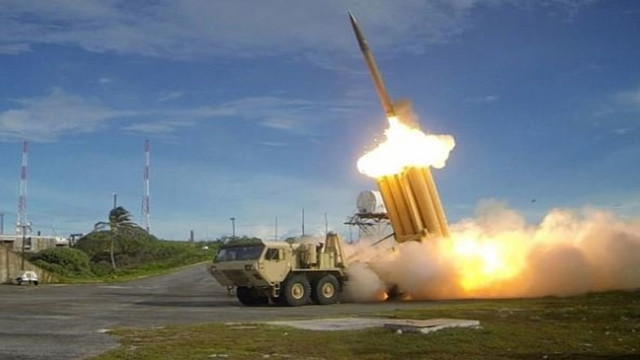
Nearly half a billion dollars' worth of advanced U.S. interceptor missiles were destroyed during the 12-day conflict between Israel and Iran, according to a report by Iran’s Mehr News Agency, citing newly released Pentagon documents.
The report claims that during Israel’s military offensive against Iran in June, the United States expended approximately $500 million worth of defensive missiles in support of Israel.
Pentagon Budget Documents Reveal Massive Missile Deployment
An Israeli media outlet reported that recently disclosed Pentagon budget documents show that between 100 and 150 Terminal High Altitude Area Defense (THAAD) interceptor missiles were launched by U.S. forces on behalf of Israel during the conflict.
Sources including The War Zone and Business Insider noted that one of the Pentagon documents includes a request for $498.265 million in emergency funding to replenish the depleted THAAD stockpiles.
The report states that these missiles were deployed to defend Israel from Iranian retaliatory strikes during the war. Replacement of such high-value missile systems will require additional budget approval from the U.S. Congress.
Background: War Triggered by Allegations of Iranian Nuclear Activity
The 12-day war began on June 13, when Israel launched what was described as an "illegal military aggression" against Iran, citing allegations that Tehran was actively developing nuclear weapons. The Israeli strikes reportedly killed several senior Iranian military commanders, nuclear scientists, and civilians.
In response, Iran launched a massive barrage of missile and drone attacks within 24 hours, followed by a series of operations under the codename “True Promise III”, aimed at exacting military and strategic retaliation.
After nearly two weeks of intense conflict, a ceasefire was declared and is currently holding, though tensions remain high.





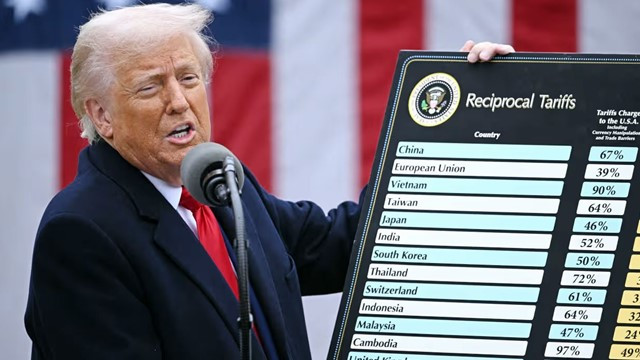
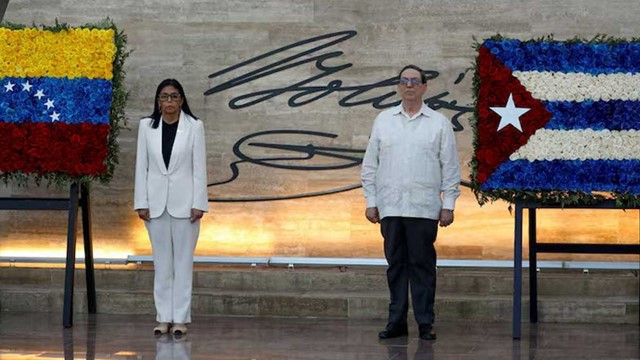
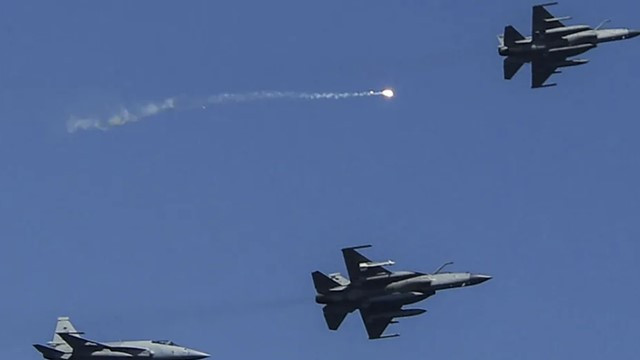
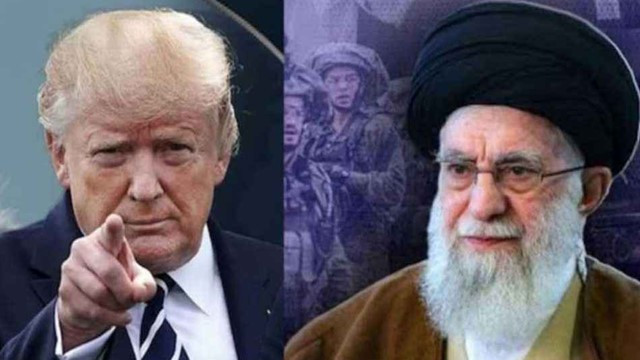


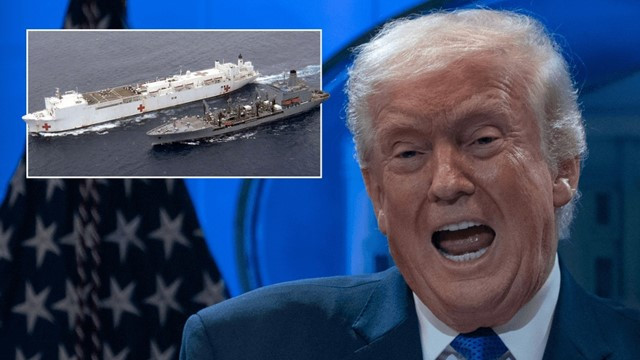


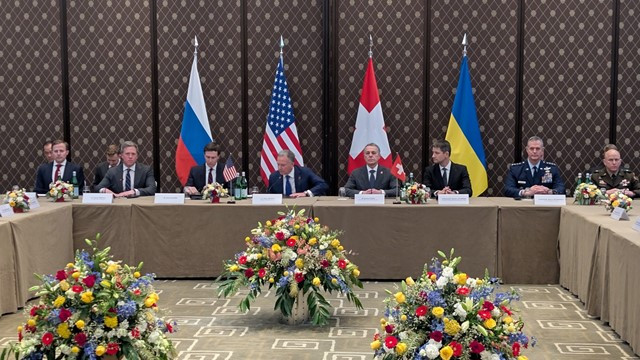
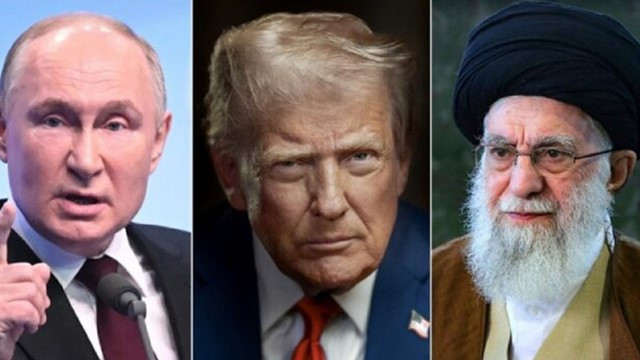



Comments Here: